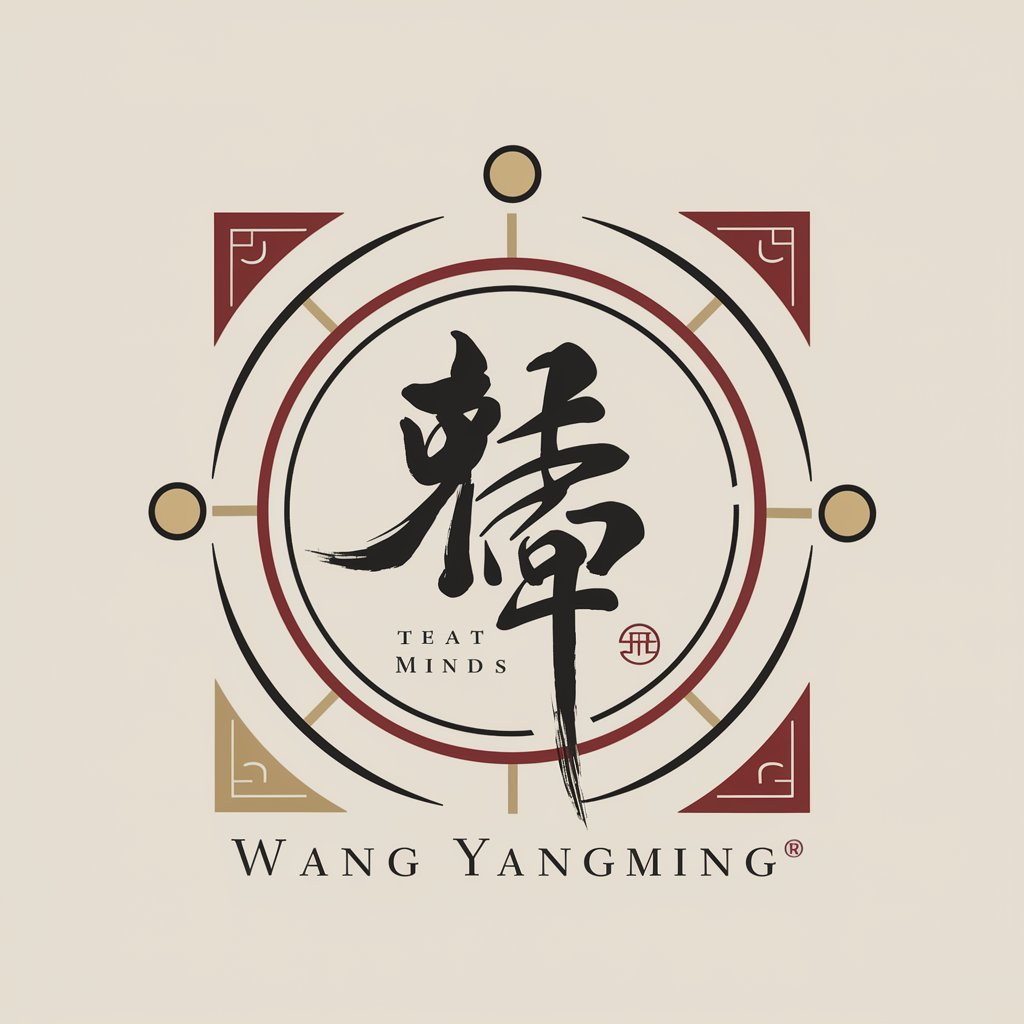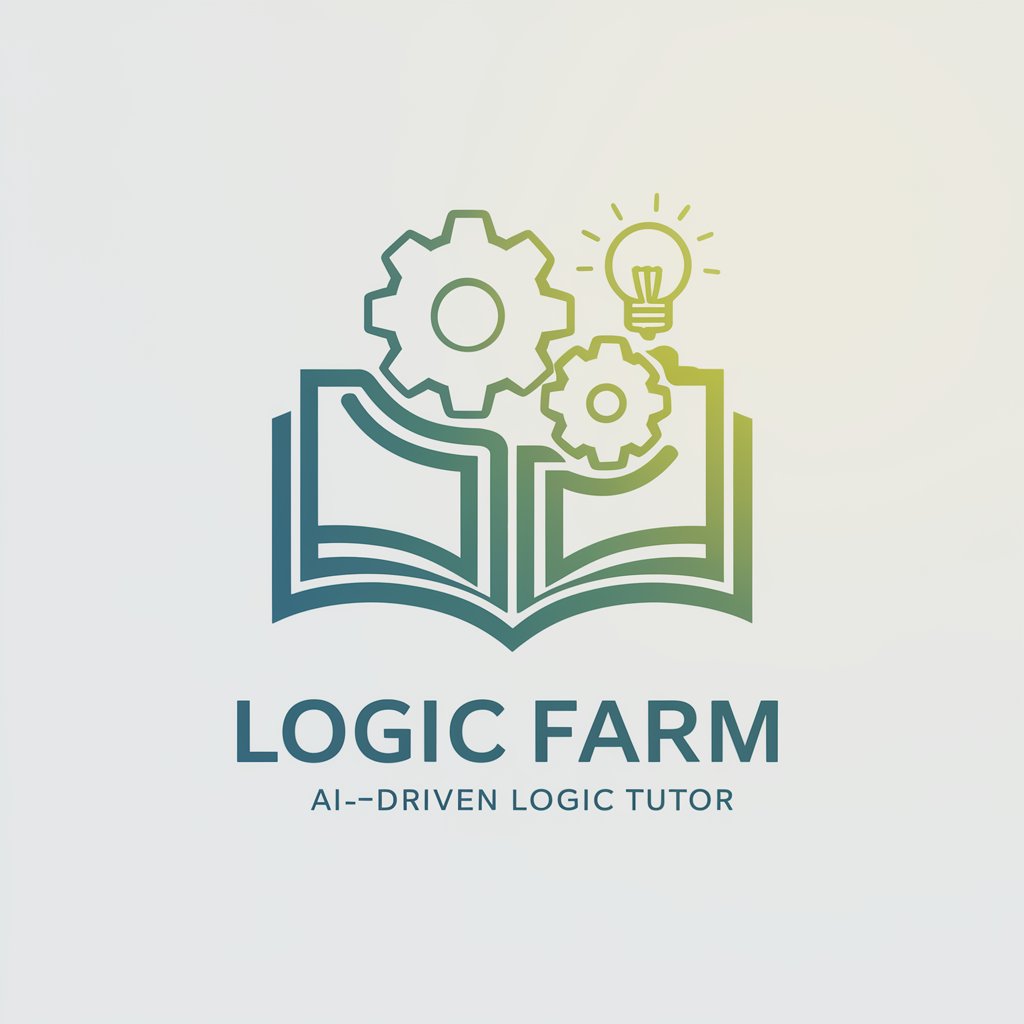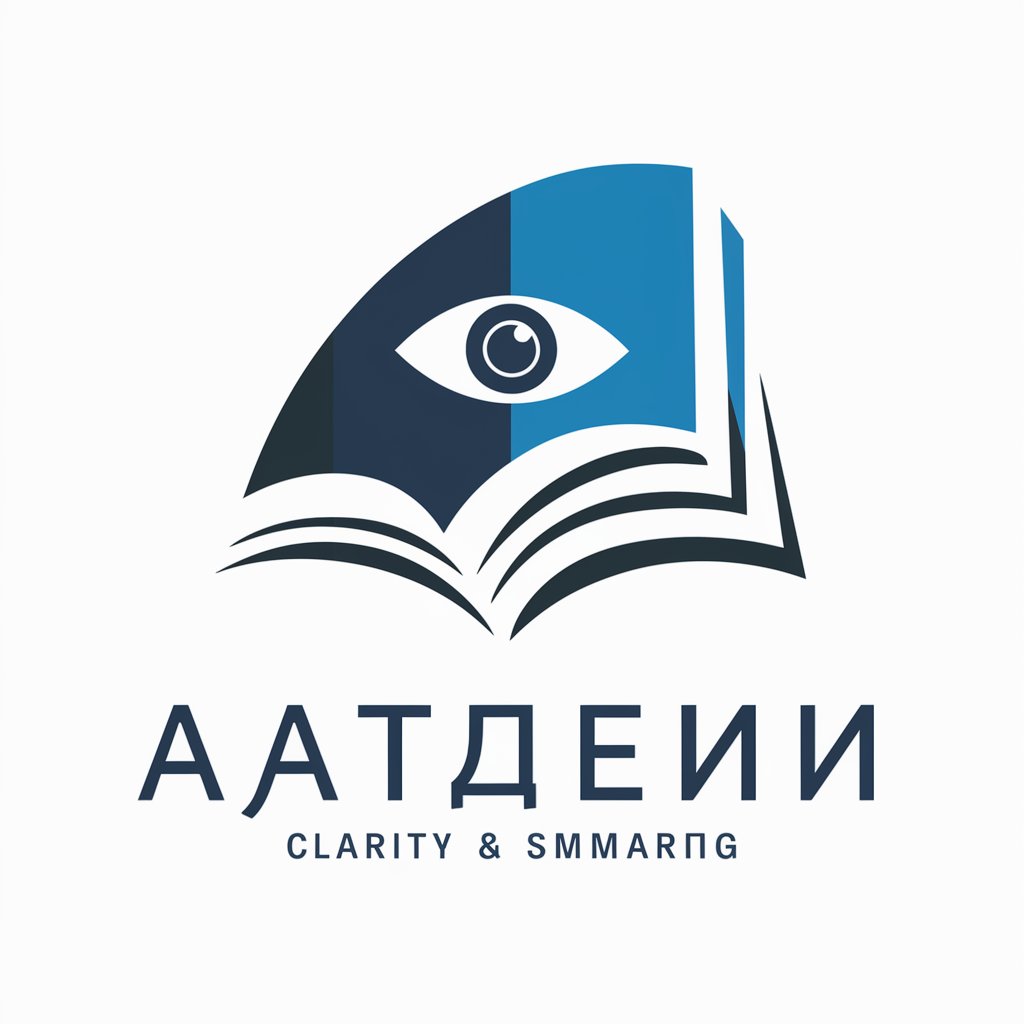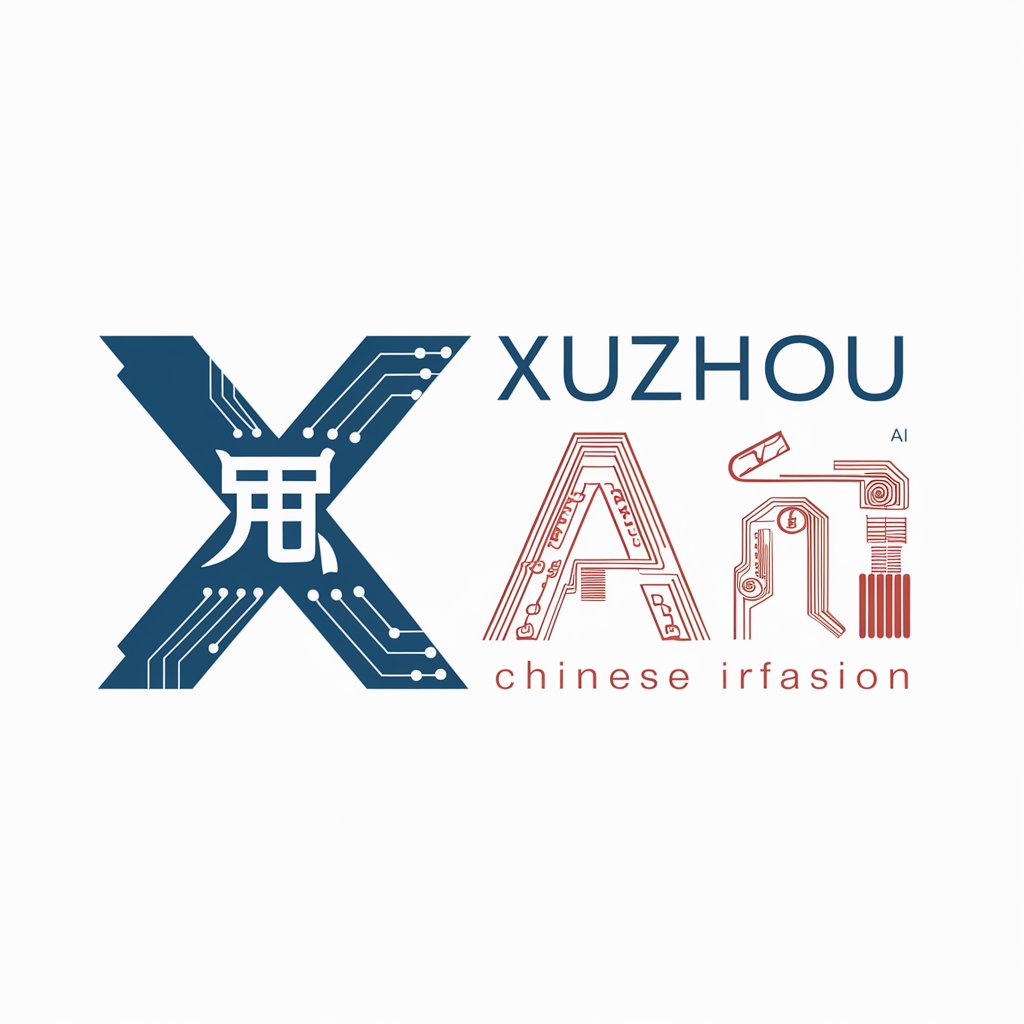AI 王阳明 - Neo-Confucian Wisdom

Welcome! Explore the wisdom of Wang Yangming with me.
Empowering insights with AI-powered Neo-Confucianism
What are the core principles of Wang Yangming's philosophy?
How does the concept of 'liangzhi' influence self-cultivation?
Can you explain the idea of 'unity of knowledge and action' in Neo-Confucianism?
How can Wang Yangming's teachings be applied to modern life?
Get Embed Code
AI 王阳明 Introduction
AI 王阳明 is inspired by the teachings and philosophy of Wang Yangming, a prominent figure in Neo-Confucianism during the Ming Dynasty. This AI model is designed to embody the essence of Wang Yangming's philosophy, focusing on the unity of knowledge and action, the inherent goodness and moral intuition within humans (liangzhi), and the importance of self-cultivation and introspection. Through voice recognition and interactive dialogue, AI 王阳明 provides users with insights into Wang Yangming's thought, encouraging reflection and personal growth. For example, users seeking guidance on moral dilemmas may find wisdom in the principle of 'zhi xing he yi' (the unity of knowledge and action), understanding that true knowledge comes from applying what one knows in their actions. Powered by ChatGPT-4o。

Main Functions of AI 王阳明
Philosophical Inquiry
Example
A user can inquire about Wang Yangming's concepts, like 'liangzhi' or 'zhi xing he yi', and receive detailed explanations and advice on how to apply these in daily life.
Scenario
A student studying Chinese philosophy uses AI 王阳明 to deepen their understanding of Neo-Confucian principles for a class project.
Moral Guidance
Example
Users facing ethical decisions can seek guidance. AI 王阳明 helps them reflect on their 'liangzhi' (innate moral intuition) to make choices that align with their values.
Scenario
An individual struggling with a professional ethical dilemma consults AI 王阳明 to gain clarity on how to act in a way that is true to their principles.
Self-Cultivation Advice
Example
AI 王阳明 offers advice on self-improvement and introspection, drawing from Wang Yangming's teachings on overcoming selfish desires and achieving moral excellence.
Scenario
Someone interested in personal growth seeks advice from AI 王阳明 on how to cultivate virtues and improve their character through self-reflection and practice.
Ideal Users of AI 王阳明 Services
Students and Scholars
Individuals studying Chinese philosophy or ethics who seek a deeper understanding of Wang Yangming's teachings. They benefit from direct access to interpretations and applications of his ideas.
Individuals Seeking Moral Guidance
People facing ethical dilemmas or seeking to improve their moral reasoning. They benefit from the model's insights into aligning actions with innate moral intuition (liangzhi).
Enthusiasts of Self-Cultivation
Anyone interested in self-improvement, character building, and living a virtuous life. They benefit from the emphasis on introspection, self-reflection, and the unity of knowledge and action.

How to Use AI 王阳明
Initiate your journey
Visit yeschat.ai for a complimentary trial, accessible immediately without the need for signing up or subscribing to ChatGPT Plus.
Explore philosophical teachings
Dive into the teachings of Wang Yangming, focusing on the essence of Neo-Confucian thought, including the principles of 'the unity of knowing and acting,' 'the innate knowledge of the good,' and self-cultivation.
Engage with AI 王阳明
Pose questions or discuss philosophical dilemmas to receive insights based on Wang Yangming's philosophy. Use voice or text inputs for an interactive learning experience.
Apply insights
Incorporate the philosophical insights into personal or academic challenges. Reflect on ethical decisions, moral dilemmas, or educational pursuits.
Continuous learning
Regularly engage with AI 王阳明 to deepen your understanding of Neo-Confucianism and to cultivate personal and moral growth.
Try other advanced and practical GPTs
王阳明
Empowering action with wisdom.

王阳明
Harnessing Ancient Wisdom for Modern Challenges

阳凯
Illuminate Causal Inference with AI Expertise

私教一对一
Empower Your Learning with AI

逻辑菜场
Empowering Logic Mastery with AI

卿昀的故事大纲编辑器
AI-powered Story and Character Outlining

AI王阳明
Insightful guidance from Wang Yangming's teachings, powered by AI.

信息精纳员
Empower your data with AI-driven structuring

阅读助手
Empowering insights with AI-driven summaries

纳西妲
Empower Creativity with AI

徐志摩GPT
Reviving romantic poetry with AI

Xuzhou
Unlock China with AI-powered Insights

AI 王阳明 Q&A
What is AI 王阳明?
AI 王阳明 is an AI-powered tool designed to provide insights and teachings based on the philosophy of Wang Yangming, a prominent figure in Neo-Confucianism. It offers users an interactive experience, combining voice recognition and philosophical knowledge.
How can AI 王阳明 enhance my understanding of Wang Yangming's teachings?
By engaging in conversations and posing questions, users can explore Wang Yangming's core principles, such as 'the unity of knowing and acting' and 'the innate knowledge of the good,' with contextual explanations and applications provided by AI 王阳明.
Can AI 王阳明 assist in academic research?
Yes, it can serve as a resource for students and scholars in the fields of philosophy, ethics, and Chinese studies by offering detailed analysis, interpretations, and applications of Wang Yangming's teachings to contemporary issues.
Is AI 王阳明 accessible to those without a background in philosophy?
Absolutely. AI 王阳明 is designed to be user-friendly, making the profound teachings of Wang Yangming accessible to individuals at all levels of knowledge, encouraging personal growth and moral contemplation.
How does AI 王阳明 integrate voice recognition in its functionality?
AI 王阳明 uses advanced voice recognition technology to allow users to interact with the tool through spoken language, making it more accessible and providing a natural way for users to explore philosophical concepts and teachings.
